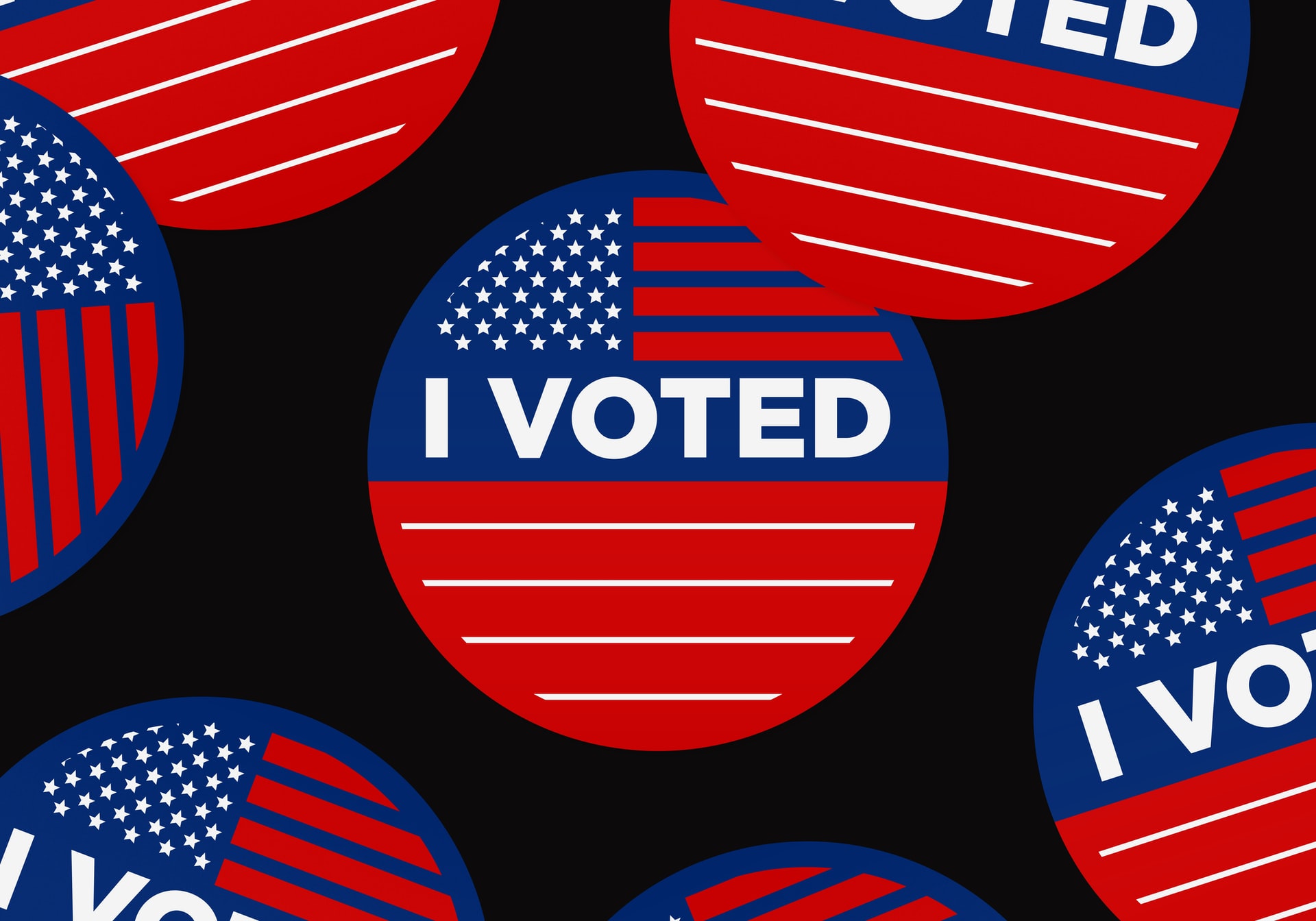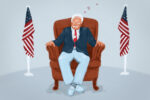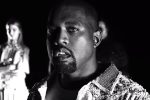In their book “Game Change: Obama and the Clintons, McCain and Palin, and the Race of a Lifetime,” political journalists John Heilemann and Mark Halperin recount the 2008 presidential election in detail based on their interviews with over 300 campaign insiders. Not only is the book packed with fascinating anecdotes and asides, but its thorough coverage of the race reveals recurring themes in elections. By comparing the similarities between the 2008 and 2020 campaigns — such as the role of the press and outside circumstances in shaping the opinions of the electorate, the public reception of female politicians, the celebrity of candidates and the narratives each of them attempt to sell — the public can better understand what has been and what will be going on behind the scenes this year.
The first commonality discussed in “Game Change” is relatively universal — elections are defined by the sitting president. That is, who chooses to run, how candidates frame themselves within the Beltway tapestry and which issues they prioritize are often influenced by whoever is in office. If the race is against an incumbent, candidates concentrate on how to best boot the sitting president out of office. For example, this past primary season, one of the main determining factors in voting for the Democratic nominee was whether the candidate had a chance of beating Donald Trump in November. If the sitting president has already served two terms, those who run instead focus on proving why they are best fit to usher in a new and improved American era.
Additionally, in both cases, candidates take care in how they present themselves relative to the rest of Washington. Hillary Clinton and Joe Biden, for example, are the very face of the establishment. However, Barack Obama stood out as an up-and-coming hotshot whose public image had not yet been dirtied by scandals or Washington sliminess. Even better, he was more interested in policy-making than pandering and held disdain for outdated political conventions and hyper-partisanship.
In his 2004 Democratic National Convention speech, which also served as his debut in the public eye, Obama’s message about national unity across party lines communicated his sincere desire to change the status quo: “I say to them tonight, there’s not a liberal America and a conservative America; there’s the United States of America. There’s not a black America and a white America…There are patriots who opposed the war in Iraq, and there are patriots who supported the war in Iraq.”
McCain also saw himself as a maverick anti-politician, and was also a press pet with supporters from both opposing and independent parties due to his advocacy of bipartisanship (he had even flirted with the idea of joining Democrat John Kerry on the ticket as his running mate).
Nevertheless, Trump is a different kind of outsider — unfiltered, unconventional and a total novice. His lack of political experience and knowledge in general paints him as the exact opposite of the Washington elitists that make voters wary. Despite his status as a billionaire, he succeeded in building a following by creating a cult around an “us versus them” mentality and being brash enough to speak his mind in a way many politicians do not. Trump also capitalized on his ability to relate to dominant, non-minority groups who see themselves as outsiders and fear any change that could threaten them with marginalization or irrelevance. This platform, along with “Clinton fatigue,” was one of the many factors that contributed to his improbable victory in 2016. Four years later, Trump supporters are still drawn to him through their mutual fear and hate. How these sentiments, along with Joe Biden’s firm establishment roots, will affect the outcome of the 2020 election remains unseen.
Another thing Trump has in common with candidates like Clinton, Obama and McCain, is star power. “Game Change” quotes consultant John Weaver’s description of pre-2008 McCain as a press darling: the “Good Housekeeping seal of approval in American politics.” The Clintons are also household names — the influential political dynasty had established itself as permanent fixtures in the Democratic Party long before America gushed over Obama’s DNC speech in 2004. Nonetheless, Obama’s potential was exciting to plenty of leaders, the press and the electorate, whose faith he quickly won, along with a fair share of fame.
Of course, hype invites hate and rouses suspicion and speculation. Trump, as we know, receives plenty of bad press. And the idea that Clinton was cold and calculating circulated so much that she could never quite shake off those labels. Palin, McCain’s running mate, was made into a caricature; two examples are when Tina Fey impersonated her to a tee in a “Saturday Night Live” skit and when Katie Couric’s interviews exposed Palin’s political ignorance and publicized her blunders. The account of Palin’s decline and Clinton’s reputation as unlikeable in “Game Change” reveals the power of the press in shaping public opinion and the impact harsh scrutiny has on female candidates’ careers and personal lives.
Finally, unusual circumstances are often a good indicator of how well a candidate works under pressure. In “Game Change,” Obama remains calm at the precipice of the Great Recession, working around the clock with the Treasury Secretary on bailout legislation, while McCain, whose weak spot is fiscal and monetary policy, flounders. In 2020, Trump’s poor handling of the COVID-19 pandemic may cost him dearly.
In sum, the inside look of “Game Change” provides valuable insight for elections to come. Learning the ins and outs of campaigning and recognizing common themes in how candidates construct their narratives, the influence of the press and what type of politician America wants in the White House makes election chaos more understandable, interesting and concerning.
















